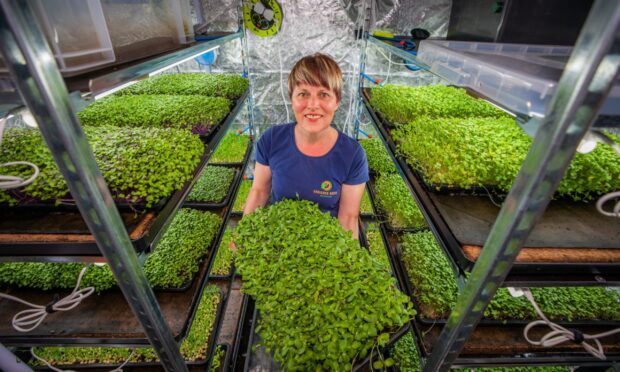Dundee game developer Hutch will run a six-month trial of a four-day working week.
Founded a decade ago, London-based Hutch established a studio at the Dundee and Angus College in 2018.
It moved to Water’s Edge at City Quay in August 2021.
The firm’s games – which include Rebel Racing, F1 Manager and Top Drives – have 300 million downloads.
This success led it to being acquired by Stockholm-based investment company Modern Times Group in 2020.
By taking part in the 4 Day Week Global Foundation’s trial programme Hutch hopes to give its team the best possible work life balance.
The trial will run from June to December this year. All staff across its offices in Dundee, London and Nova Scotia will take part.
Improve wellbeing and productivity
Chief executive Shaun Rutland said: “When we started Hutch 10 years ago, enabling our team to have the best possible work life balance was a priority.
“We’ve had a decade of tweaking the way we work.
“Joining the trial was, naturally, a perfect opportunity to empower Hutch even more.
“It has the potential to improve productivity and overall employee health, create stronger families and communities, and improve gender equality to help create a more sustainable work environment.”
The pilot scheme aims to further improve wellbeing, sustainability and productivity within its global team.
It sets out with the ambition of enhancing organisational productivity, sustainability and improving distribution of responsibility for parents and carers.
Four-day week gives flexibility
4 Day Week Global runs the scheme in partnership with UK think tank Autonomy, the 4 Day Week UK Campaign and researchers at Cambridge University, Boston College and Oxford University.
Feedback from the Hutch team will be gathered and assessed for review throughout the trial.
Head of people Charmaine St John said: “The 4 Day Week pilot programme is a fantastic initiative.
“It’s an excellent opportunity to offer Hutchies even more flexibility in their work life balance.
“The scheme will allow us to create a more energised and efficient workforce.”
She also hopes it will have a positive impact on gender equality by “enabling a better distribution of caring responsibilities” between parents.












